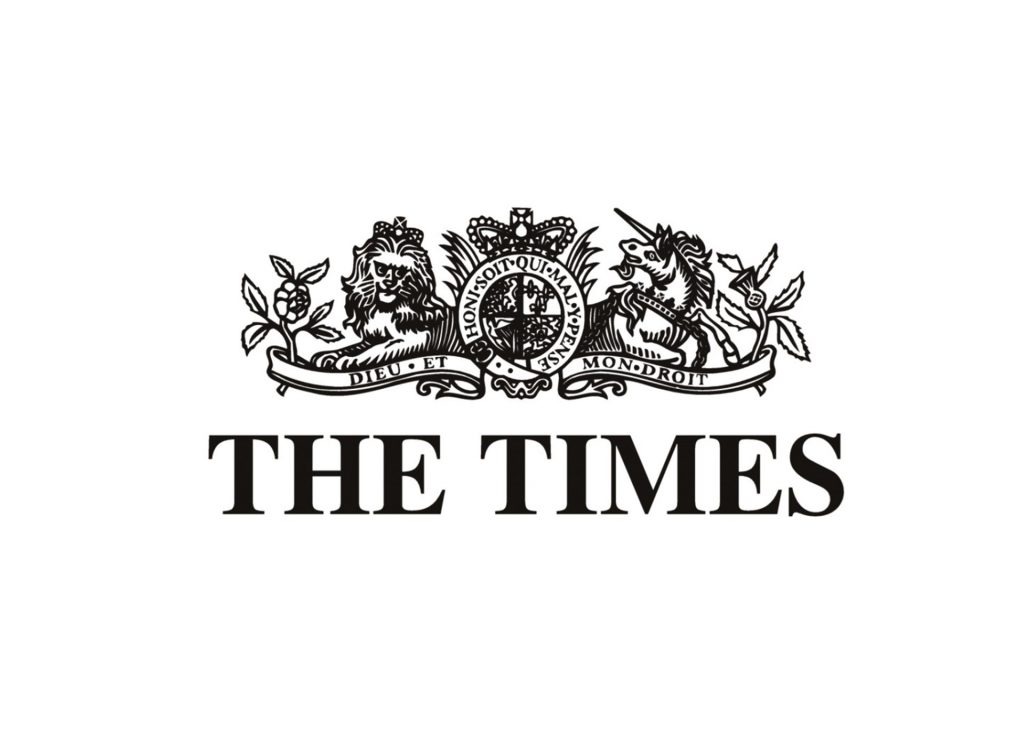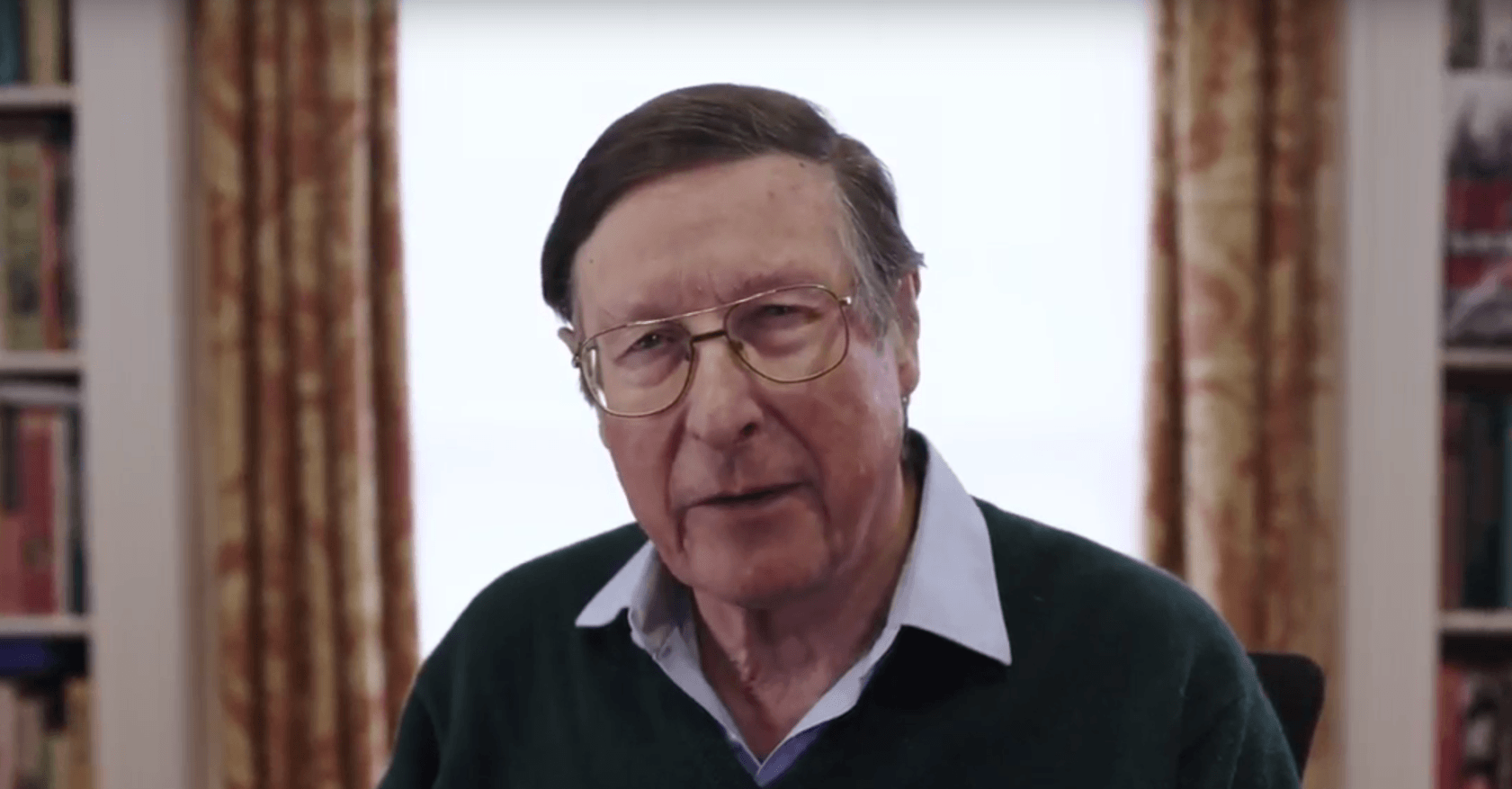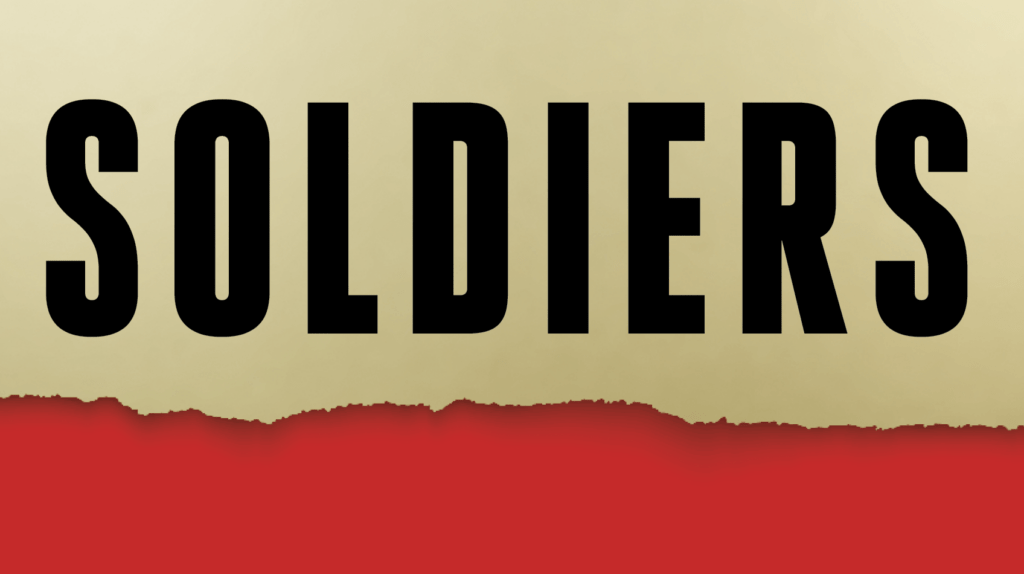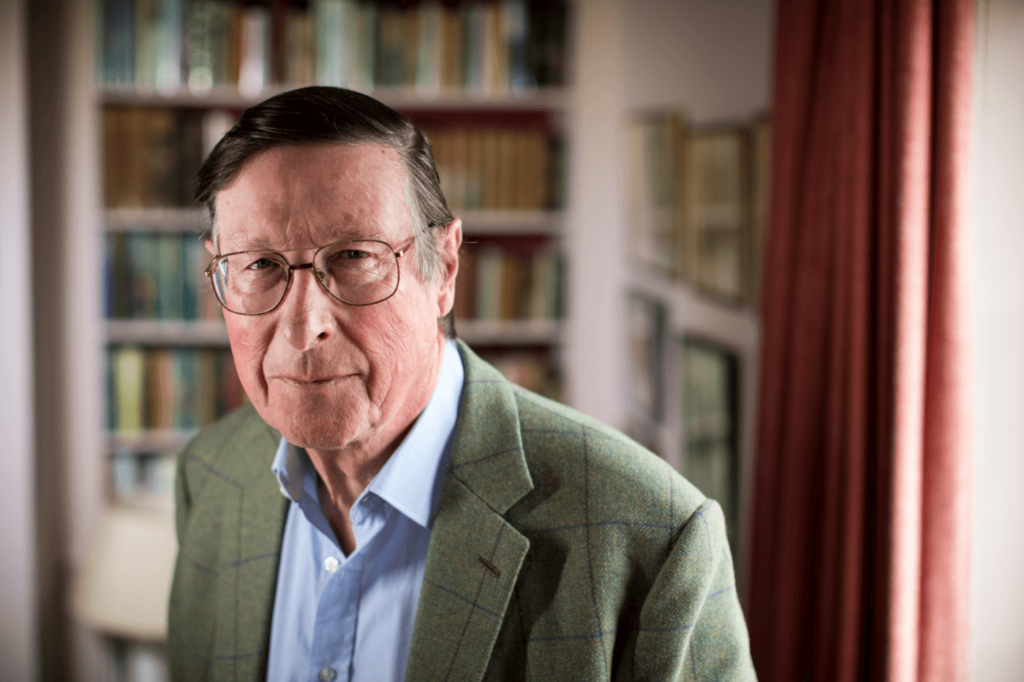During the 1962 Missile Crisis, on the evening of 23 October a curious episode took place in Moscow. A few hours after President Kennedy announced the discovery of nuclear weapons in Cuba, the Soviet leader or vozhd Nikita Khrushchev determined to show the world that he was unafraid. He thus led a troop of Kremlin functionaries to the Bolshoi Theatre, to attend a performance of Modest Mussorgsky’s operatic masterpiece Boris Godunov, based on Pushkin’s play.
This tale of a fated 16th Century Russian leader was an incongruous entertainment for an embattled 20th Century successor. Khrushchev never recorded whether he heeded Godunov’s howl of anguish:
‘Mine is the highest power!/Year after year my reign was calm and peaceful and yet my heart has never known peace…Life, fame, the heady wine of power, the people’s cheers, have lost their lure/ I am betrayed, the nobles hate me, Lithuania revolts/ hungry crowds and plague and devastation prowl like angry beasts…Russia moans for all the sorrows that Heaven sent us, to punish the sins we committed’.
Foreign minister Andrei Gromyko confessed later that he had no idea what he was supposed to be watching, and added: ‘probably none of the Politburo members were interested in what was happening on stage. Opera, ballet or play- it was all the same to them. Everyone was thinking of what was going on in the Western hemisphere’.
Yet Boris Godunov’s imagined words reflect the profound sense of self-pity, trending towards paranoia, that has afflicted a centuries-long procession of Russian leaders, of whom Vladimir Putin is the only the latest. They share a narrative of victimhood in a hostile world, that somehow commingles with other Russian characteristics: a pride in their history, culture and heritage which they believe the rest of us sell short; and a lack of fear of extreme violence.
It is unlikely that many 2022 Russians endorse Moscow’s war on Ukraine. But we might be dismayed to discover how many would reject the Western view of what is happening, merely because it comes from us. I recall being shocked, when researching a book in Russia in 2002, that my researcher- a sophisticated Muscovite- said of the recent 9/11 attacks on the Twin Towers: ‘most people here think the Americans got exactly what they had coming to them’.
Here was a taste of the profound sense of Russian grievance, which Putin exploits. He seeks to cover his invasion in the figleaf of insistence that the country was for centuries part of the Russian empire, a theme upon which he enlarged in a 5,000 word essay, published last July. The wishes of Ukraine’s own people have no place in his argument, but then seldom in Russia’s history has popular consent counted. Putin has attacked because he deems his own oppressive polity threatened by a free, West-leaning neighbouring exemplar.
Much of the modern struggle about what is rightfully Russian property dates, like much else, from World War II. The Baltic States, eastern Poland and eastern Romania represented loot seized as part of Russia’s 1939 devils’ bargain with the Nazis. Five years later, Churchill saw that a victorious Stalin was bent upon creating a new empire around Russia’s periphery. Thus it was that the prime minister, visiting the Kremlin, scrawled on a piece of paper what came to be known as the ‘percentages agreement’, seeking to codify respective Soviet and West influence in Greece (10-90%), Bulgaria (75/80-25/20%), Romania (90/100-10/0%), Yugoslavia (50-50%) and Hungary (50/80-50/20%). Stalin glanced at this extraordinary late-night firesale deed, then blue-ticked what Churchill came to call the ‘naughty document’.
The Americans professed to reject the entire concept of spheres of influence, heedless of their own jealously-guarded dominance of Latin-America. Many British politicians were dismayed when, at the Yalta summit four months later, the Western leaders conceded most of Stalin’s claims upon Eastern Europe. Churchill, conscious of lacking support from Roosevelt, even professed to believe that the Russians might concede freedom to Poland.
Instead, of course, the Red Army imposed its dominance upon all the conquered territories. Russia annexed an enclave around the East Prussian port of Konigsberg, which under the name of Kaliningrad it holds to this day, along with the Japanese Pacific Kurile islands and southern Sakhalin.
One of the most chilling Soviet documents I have ever read is a 1945 memorandum to Stalin from Beria, the Kremlin’s enforcer. He described how he had summoned non-communist Polish political leaders to a supposed conference, in order either to liquidate or deport them to the gulag, a purpose which was duly fulfilled.
At the war’s end, Churchill was so outraged by what he saw taking place as Soviet tyranny replaced the Nazi brand, that he ordered the chiefs of staff to draft a plan to free Poland by force. The resulting brief, codenamed Operation Unthinkable, called for 42 allied divisions, supported by the remains of Hitler’s Wehrmacht, to attack the Red Army. Of course the scheme was a fantasy, instantly rejected by the United States, but the Unthinkable file makes fascinating reading in the National Archive.
Two key points about all this deserve emphasis, in the context of today’s events. First, there was no moral or legal reason why Stalin should have been permitted to create a protective buffer zone around the Soviet Union. Second, however, as Churchill recognized in the ‘percentages agreement’, the Red Army empowered the red tsar. It was only remarkable, and perceived in Washington and London as cause for gratitude, that Stalin conceded Western control of Greece.
Modern critics of Yalta as a ‘betrayal’ ignore the harsh fact that the Anglo-Americans could challenge Stalin’s ambitions only by going to war with him. If they had wanted to secure the liberties of eastern Europe, they needed to have launched D-Day in 1943, and hastened a bloody drive on Berlin. As it was, the Russians got there first. Moreover they paid almost all the stupendous human price for defeating Nazism- 27 million war dead against Britain’s and the US’s 400,000-odd apiece.
Not only was Stalin determined to claim his reward, but for a short time informed British and American people felt sufficient guilt to indulge him. It is dismaying to behold how little was published in Western media in the first year after VE-Day, about the murderous crimes taking place in the new Soviet dominions.
The Cold War evolved from 1946 onwards, as Stalin rejected peaceful co-existence, and the West faced internal communist threats to France, Italy, Greece, Turkey, which did much to persuade the US to offer financial aid to devastated Europe through the $13 billion Marshall Plan.
In the years that followed, an understanding developed that, while the West could defend its own territory through NATO, there was no prospect of liberating Russian dominions even when their hapless citizens rose in revolt, as happened in Poland, East Germany, Hungary and Czechoslovakia.
Today, as we witness the horrors unleashed by Putin in Ukraine, we should recall that our parents and grandparents had to watch in equally impotent despair, as the Russians acted likewise to suppress dissent in what they deemed their rightful sphere of influence.
Curiously enough Putin, shortly after coming to power, was party to a 2000 book of interviews entitled First Person: An Astonishingly Frank Self-Portrait by Russia’s President, in which he professed to acknowledge that the Soviet Union’s violent suppressions of these uprisings were “major mistakes.” He added: “The Russophobia that we see in Eastern Europe today is the fruit of those mistakes.” He has now changed his mind. Moreover, he shares with many Russians a reverence for Stalin which extends to the legal suppression of discussion of his vast crimes, avowed by Khrushchev in 1956.
The NATO allies spent the Cold War haunted by fears that Warsaw Pact forces would invade Western Europe. Yet Soviet leaders were equally tormented by a belief that they themselves were encircled, threatened by vastly superior American nuclear forces. Nikita Khrushchev was especially galled by the 1961 deployment of US Jupiter missiles in Turkey and Italy. When holidaying on the Black Sea, he would sometimes offer guests binoculars and demand: ‘what do you see?’. They would respond with bromides about the blue waters, but Khrushchev would then snatch the glasses and exclaim with his accustomed theatricality: ‘I see US missiles in Turkey, aimed at my dacha’.
The Soviet leader justified his 1962 decision to deploy nuclear weapons in Cuba, by a perceived equivalence with the US threat to Russia. Although President Kennedy achieved a decisive victory in that confrontation, many Russians saw in the enforced withdrawal of their missiles yet another of the humiliations heaped upon their great nation by the arrogant West. Ray Garthoff, a State Department official who has become one of the shrewdest analysts of the Cold War, laments the US ‘inability to empathize with the other side and visualize its interests in other than adversarial terms’.
Many, if not most, Western strategists today recognize as grievously mistaken, US triumphalism in the wake of the Soviet Union’s collapse. President George H.W.Bush said in his 1992 State of the Union message: ‘By the grace of God, America won the Cold War. A world once divided into two armed camps now recognizes one sole and preeminent power, the United States. And they regard this with no dread. For the world trusts us with power, and the world is right’.
Such conceit grew worse under the presidency of Bush’s son, George W. Former US ambassador to NATO Robert Hunter writes in the current issue of the IISS journal Survival: ‘The prevailing view was that since the Soviet Union had lost the Cold war, the US and NATO could do what they pleased. Increasingly evident revanchist Russian impulses, backed by an increasing capacity to act on them, were ignored’.
Hunter specifies the 2002 invitations to join NATO that were extended not merely to the Baltic states, but also to Bulgaria and Romania. The US withdrew from the 1972 Anti-Ballistic Missile Treaty, ‘one of the few indicators that Russia, as principal legatee of the Soviet Union, was recognized by the United States as still being in the big leagues’.
Some conservatives, and especially Americans, respond to all this by demanding: why should Russian paranoia be indulged? Why should not democracy and freedom be encouraged, wherever in the world their seeds sprout?
Yet geopolitics is always an art of the possible. Throughout history, bystanders have been obliged to bear witness as terrible things have been done. Moreover a favoured Russian charge against us is that of hypocrisy. They say: what of Vietnam? what of the Iraq invasion? What of the Libyan disaster and Afghanistan? How many deaths has the West precipitated, in violent pursuit of its own purposes?
In recent days, some politicians have bandied the hackneyed and foolish words ‘Munich’ and ‘appeasement’. The great American liberal commentator Walter Lippmann wrote at the height of the Cold War, ‘You can’t decide these questions of life and death for the world by epithets like appeasement. I don’t agree with the people who think we have to go out and shed a little blood to prove we’re virile men’.
Lippmann also wrote, in 1961, ‘This being the nuclear age, it is the paramount rule of international politics that a great nuclear power should not put another great nuclear power in a position where it must choose between suicide and surrender’.
Statesmanship demands endless moral compromises- call them appeasement, if you wish- of which Churchill’s wartime embrace of Stalin was among the most conspicuous…and necessary. It would be rash to claim that, if the West had been more sensitive to Russian pride, Ukraine might not today be suffering devastation. But it is assuredly true, that insensitive Western conduct has lent credibility to the nationalist fawners and fanatics around Putin.
Back in 1983, when the Cold War was still relatively chilly, in a TV interview I asked the historian and strategic guru Professor Sir Michael Howard whether we could ever aspire to friendship with the Russians. After a reflective pause, he responded: ‘No. Because they will always be resentful of our success and their own failure’.
He meant, of course, Western economic prowess, which has since become more dramatic, likewise Russian stagnation. Sir Rodric Braithwaite, one of Britain’s shrewdest Moscow ambassadors and a historian of the Cold War, observes that the knife is twisted in Putin’s awareness of his nation’s relative decline, by the fact that China has today assumed the USSR’s former status as the world’s second superpower, with ten times Russia’s population and wealth, and three times its expenditure on defence: ‘and China makes things that everybody wants to buy. The Soviet Union was never able to do that, and Russia seems unable to do it either’.
In 1997 the American historian John Lewis Gaddis wrote: ‘It may be that the West prevailed during the Cold War….because that conflict just happened to take place at the moment in history when the conditions that had for thousands of years favoured authoritarianism suddenly ceased to do so’.
A quarter of a century on, it is impossible to sustain that judgement. Sir Lawrence Freedman observed recently that the optimism of the first post-Cold War decade appears naïve: ‘A return to great power competition is now described as a defining feature of the 2020s’.
Economic failure was the fundamental cause of the Soviet Empire’s collapse. Yet one of the most dismaying successor achievements of the Russian Federation has been to exercise powerful malign influence upon world affairs, from a strategic position of inferiority. Russia’s only significant exports are oil, gas and violence. Yet these enable President Putin to wield astonishing clout.
Rodric Braithwaite argues against despairing of Russia’s potential eventually to adopt a more benign polity. He notes that much of modern Europe has recovered from dictatorships. Yet he also cautions against rash Western aspirations for Putin’s nation to reinvent itself on a template that suits us: ‘Russia’s future will be shaped by the Russian people themselves, regardless of hopes, fears and wishful thinking of foreigners’.
We should be grateful that the US, the power that matters most, has today ruled out a resort to general war with Russia, with all its terrible possibilities. Yet there is one almost certain consequence of the Ukraine invasion. After years in which Europe’s approach to its own security has been frankly decadent, suddenly NATO assumes a renewed centrality. Even the self-emasculated Germans should see the necessity to rouse themselves; to grasp the cost of indulging the bear.
We are obliged to decline to intervene militarily in Ukraine. But Western Europe must once more discover a readiness to do that which seemed unthinkable three decades ago: to fight the Russians if Putin goes further, explicitly by attacking the Baltic states. He is not Hitler, not Stalin, not Mao. Instead he is something much smaller, the capo of a nuclear-armed gangster clique. But he has shown a willingness to use terrible force to promote his own grandeur, in a fashion that may yet need to be met with Western arms.
Max Hastings’ book ABYSS: THE 1962 CUBAN MISSILE CRISIS will be published by William Collins on 29 September.
Originally published by The Times on Saturday 26th February



